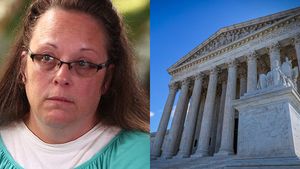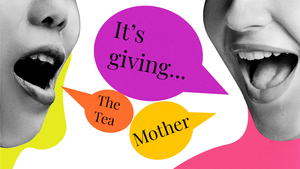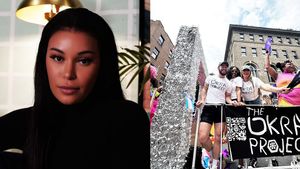A new study released by the Center for Disease Control and Prevention showed only half of gay and bisexual men infected with HIV received care and that there were wide gaps in care for African American men especially.
The CDC studied documents from 19 areas in 2010. The CDC found that about 71 percent of young men (13-24) were linked to treatment but only 46 percent retained care. Only about 31 percent of those 18-24 were prescribed for anti-retroviral treatment.
When analyzed by race, the CDC found that 72 percent of African Americans were linked to treatment but only 46 percent retained care and about 47 percent were prescribed ART.
Men who have sex with men account for about 2 percent of the population but 63 percent of all new HIV infections. African American men account for 44 percent of new infections but only represent 12 percent of the total population.
According to The Guardian, the numbers were obviously disconcerting to experts who recommend that early treatment helps patients keep the virus under control and even help prevent spread of infection.
"It's unacceptable that treatment, one of our most powerful tools for protecting people's health and preventing new HIV infections, is reaching only a fraction of gay men who need it," Jonathan Mermin, director of the CDC’s national center for HIV/Aids, Viral Hepatitis, STD and Tuberculosis Prevention, said in a statement. "A top prevention priority at CDC is making sure every gay man with HIV knows his status and receives ongoing medical care — otherwise, we will never tackle the HIV epidemic in the country."
A study released the same day by the Kaiser Family Foundation shows that 56 percent of men who have sex with men are not concerned about being infected and that 64 percent of them had not been tested. And while 96 percent said that condoms were effective in preventing transmission, 80 percent had heard little or nothing about PrEP or Truvada, indicating that the problem may lie with communication and education.
Additionally men of color are more likely than white men to be personally concerned about HIV infection, and they were also more likely to say they wanted more information on the topic.
The Kaiser study indicated that a lack of communication with doctors may be a barrier to this information as many of the men indicated they were reluctant to discuss HIV or their sexual orientation with doctors.



































































